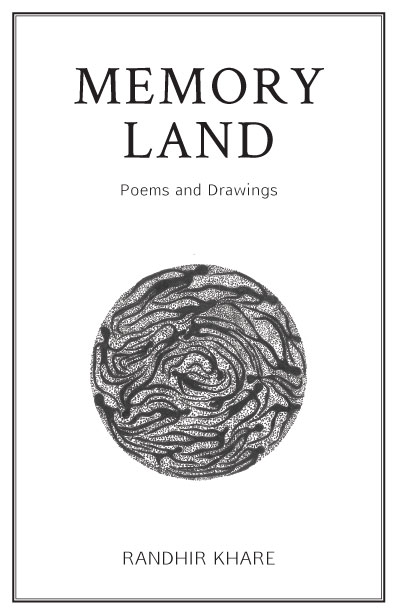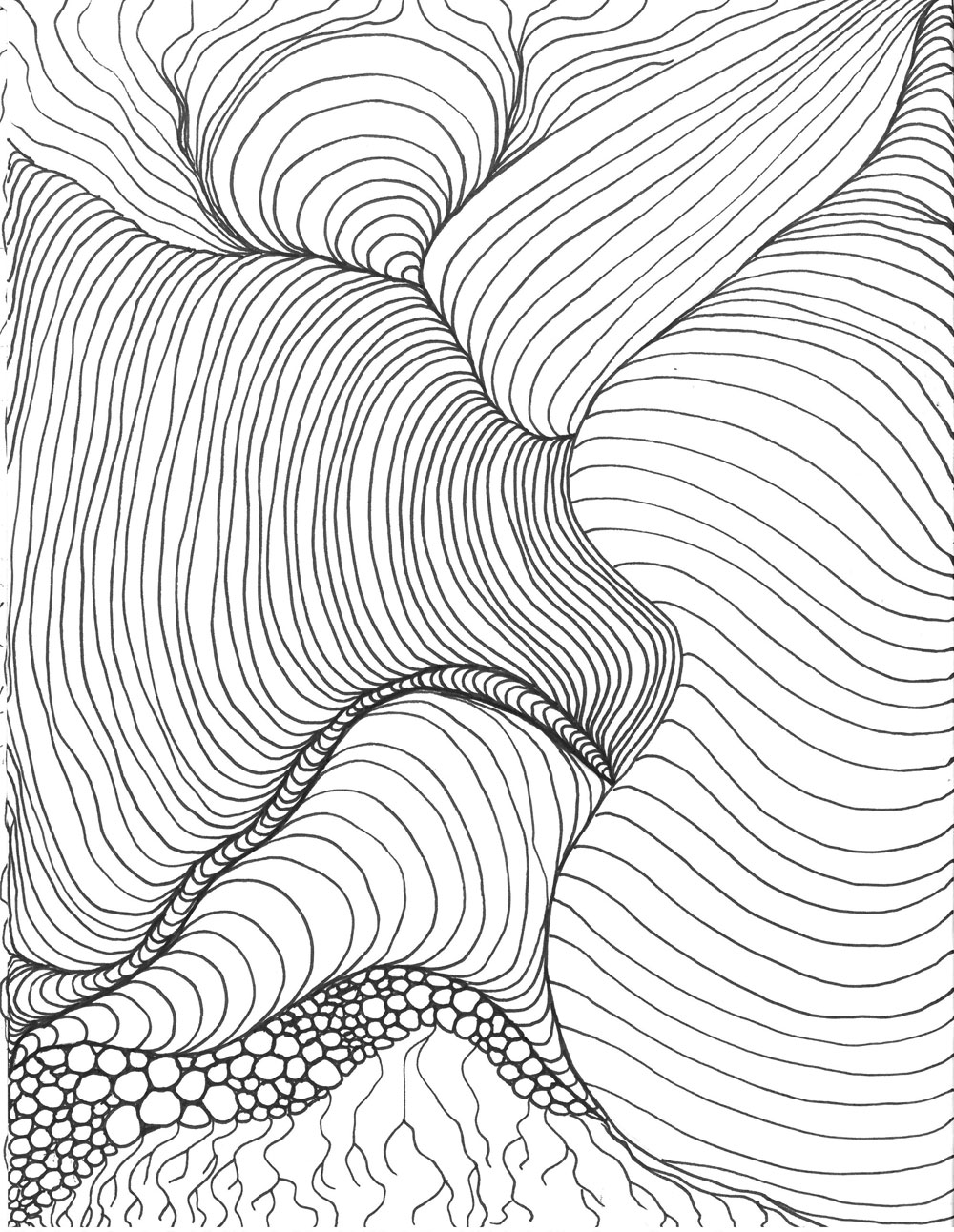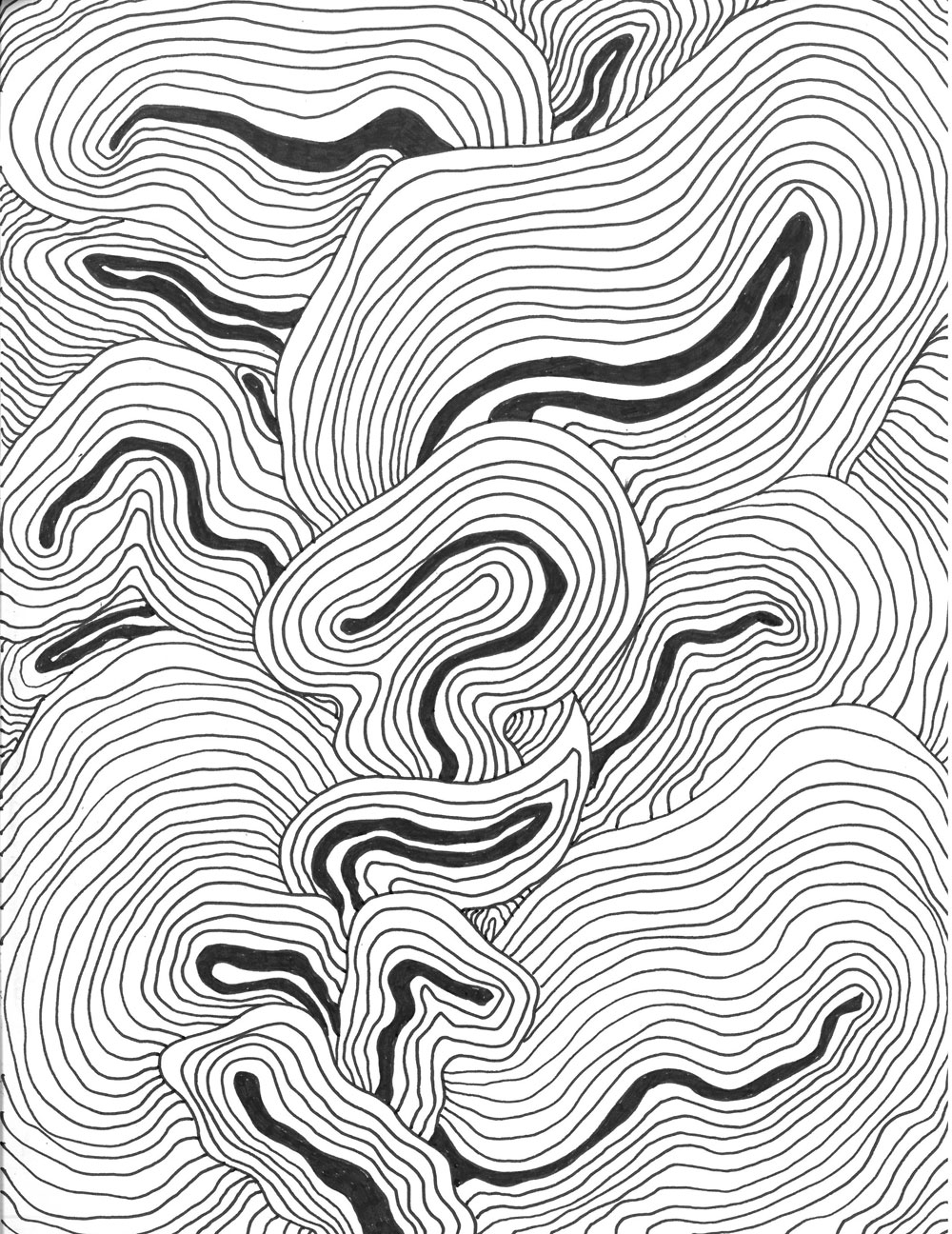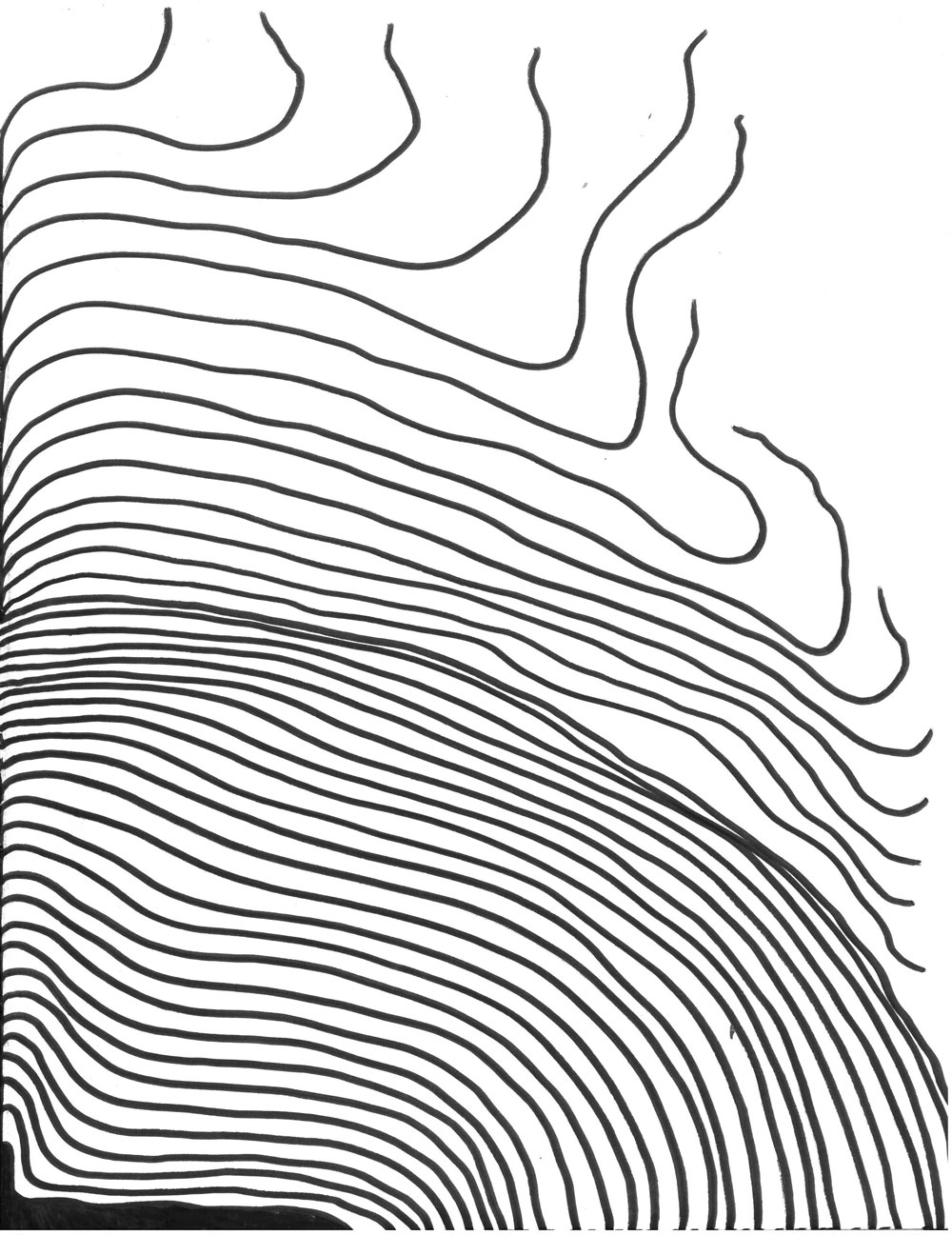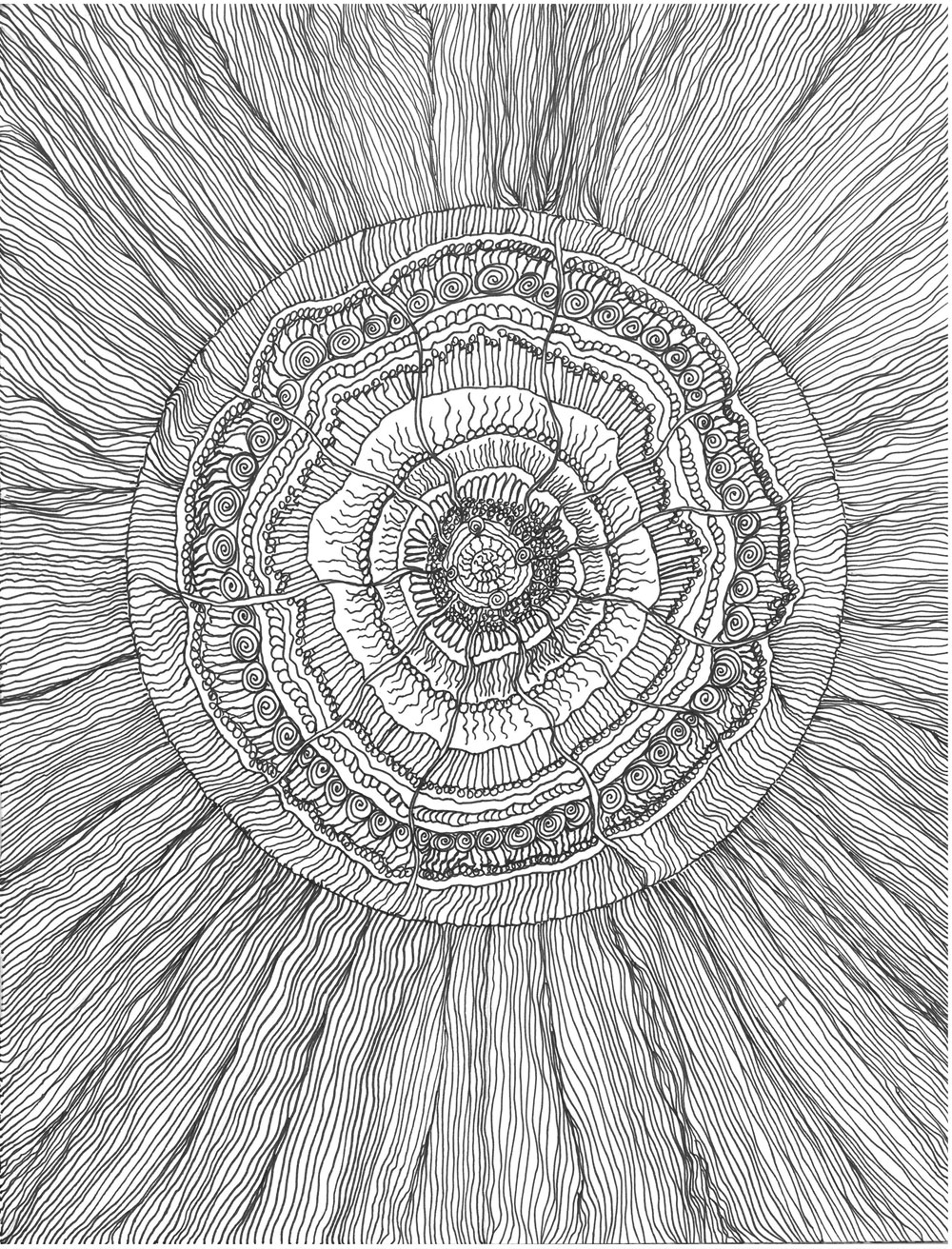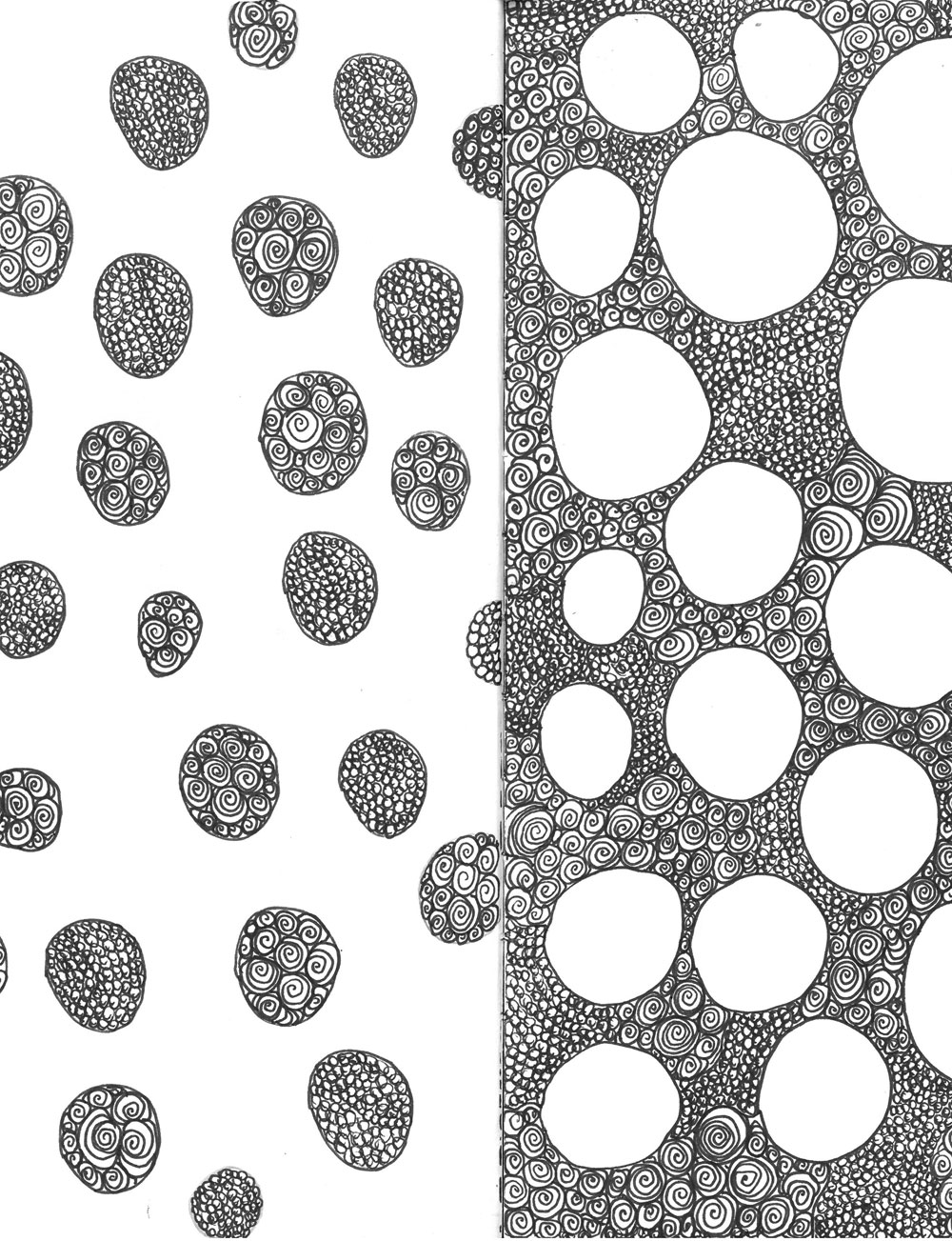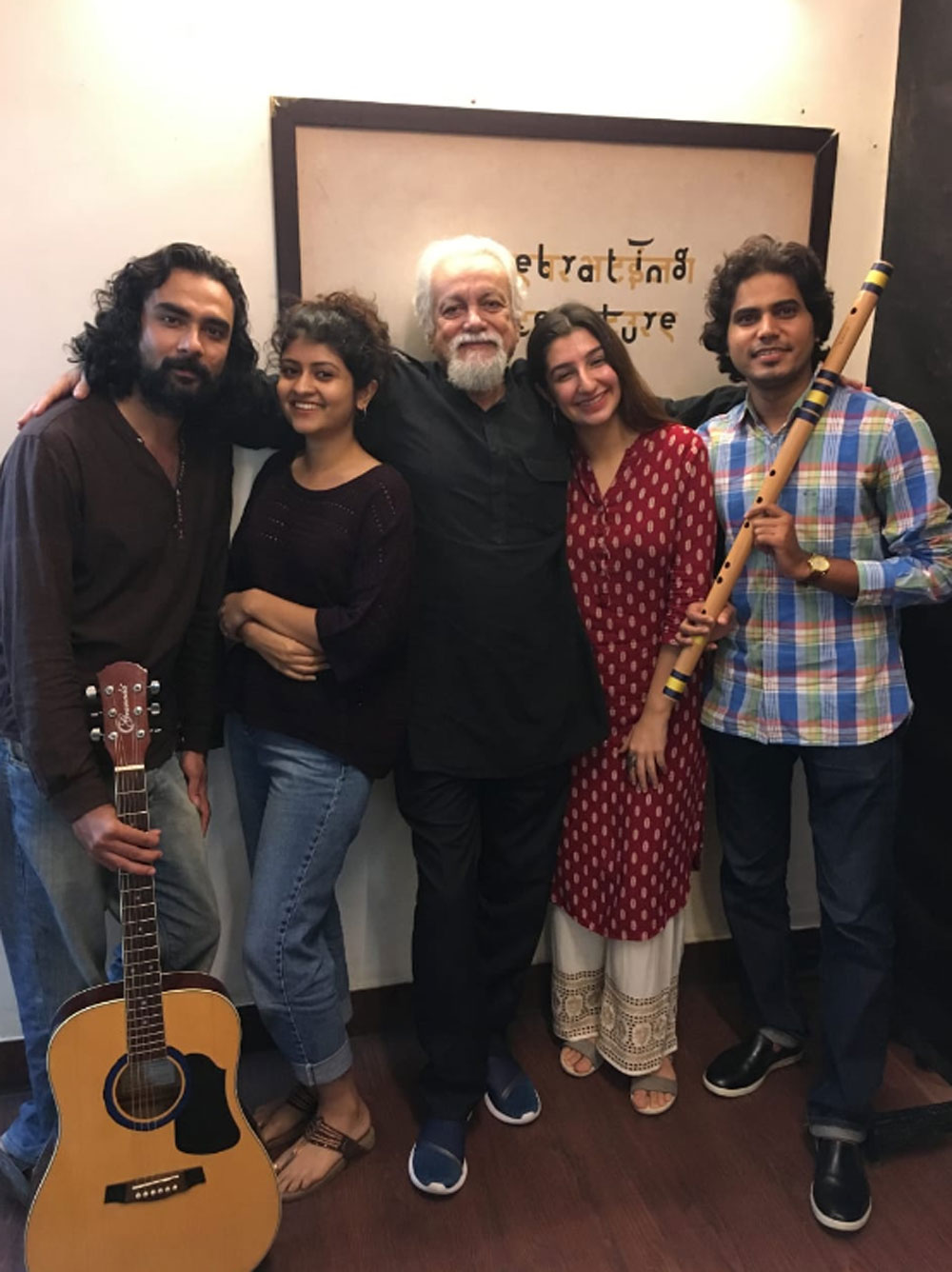Dang
Dang is a densely forested region which runs down the slopes of the Sahyadris, in the east, towards the plains of Gujarat in the west. From rugged mountains, the land dips towards low plateaus before it finally sinks to the plains, carrying river waters seawards. In the valleys and lowlands there’s rich and fertile black cotton soil whilst in the uplands there’s red soil which is dark and porous. Because of the undulating surface of the land, both red and black soil mix, creating the magic of varied foliage and ground cover. Here there are moist deciduous, dry deciduous and a sprinkling of evergreen forests which are home to a baffling range of trees, shrubs, climbers, grasses and countless species of wild life.
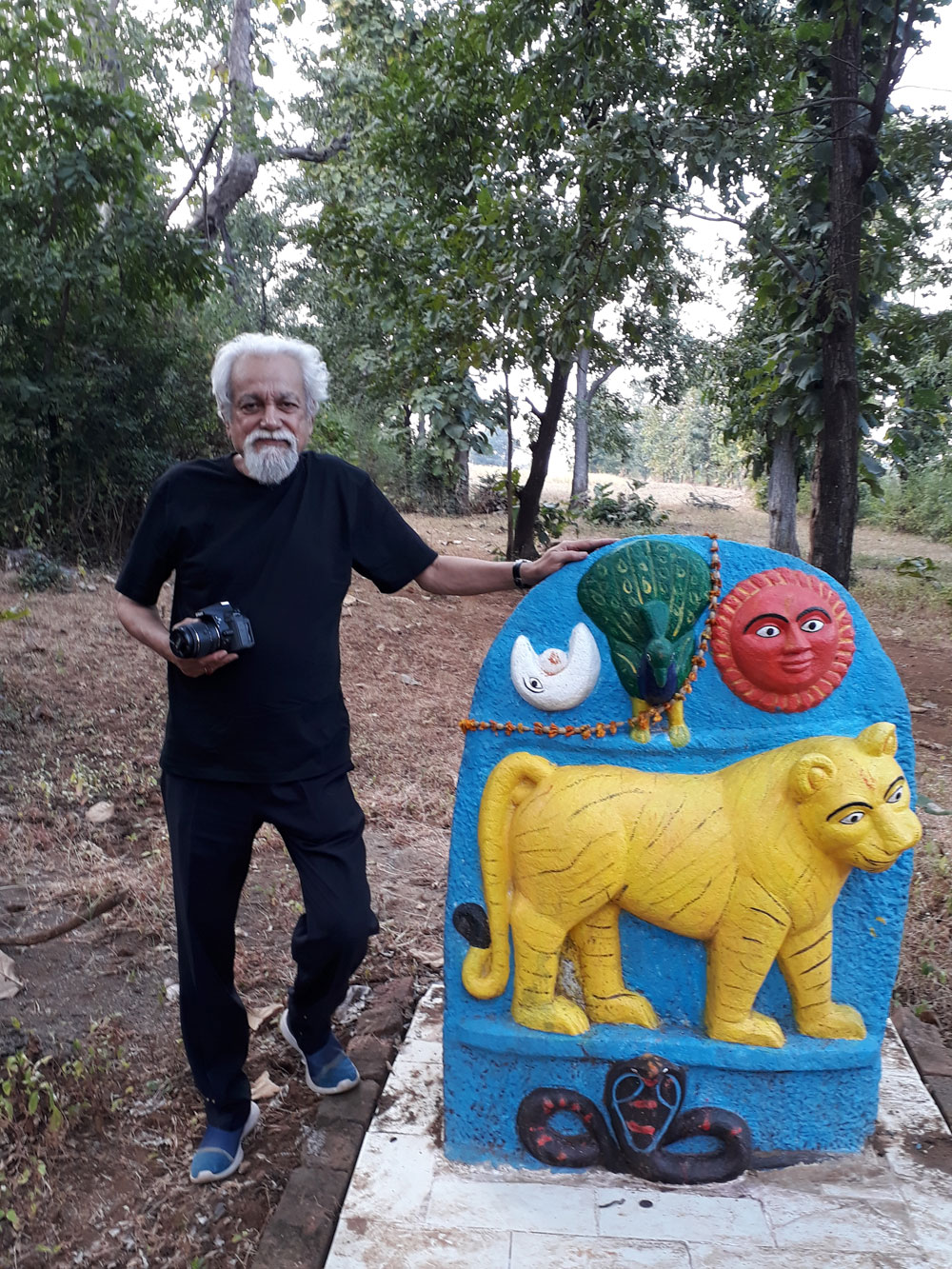
At a vaghdev stone in Dang
Across the centuries, people from traditional communities have settled here, driven by hostile armies, hunger and the need to be nourished and ‘belong’. Early records seem a bit unclear about whether it was the Mahar Koli or the Bhil who first made these forests their home. However, they were soon followed by a host of communities including the Warli, Gamit, Kunbi, Dubla, Dhodia, Chaudhari and others. The Bhil, being the most adventurous and aggressive (as a result of the oppressive circumstances that had driven them here) successfully took on the role of resisting invasions by expansionist armies whilst the other communities settled down and established themselves. As a result of this, the Bhil are today perhaps the most economically unstable people in the region.
Despite varied cultural and social differences among the people of Dang, a pan-Dangi identity has evolved and physical spaces in the forests, vibrant with healing and empowering energies, are equally shared and revered. Ma Vali Para, for example, which is the sacred seat of the presiding Devi, is visited by people from various communities and faiths. So are innumerable other spaces. Nature has provided the Dangis with indigenous physical spaces that attract belief beyond differences.
This is what has drawn me to the region and encouraged me to be respectful of cultural diversity and the sacredness of forests, helping me to strengthen my faith in the all-pervasive power of the earth and the need to protect and preserve our natural world.
I am not reluctant to admit that I have had meaningful spiritual experiences when among the pristine bamboo brakes of Mahal, under the mysterious star smeared dome of a Chinchali night, in desolate Gotiamal, green rich Vaghai, Wasurna and Linga (seats of forgotten Bhil Rajas), Ahwa (which has been constantly on the crosshairs of Dangi history), Dhavalidod (where I have spent nights learning the language of darkness from the late Janu Kaka, a Kunbi Bhagat) and Chikar. From the rivers of the region I learnt patience, forgiveness and the will to go on – in life-altering ways.
I have had the good fortune of learning from evolved shamans, storytellers, folklorists and gentle souls, the secrets of the forests and the power of sacred spaces. You will get to know them as they appear in the poems that follow.
The drawings in this book are not illustrations of the poems but unravel their own narrative through line, texture and symbol. Shrugging off the need to express themselves through words, my responses found this form equally fulfilling. The drawings were created over the years from embedded experiences of the forest that rose from inside me. They filtered up to the surface in the same way that water from the seemingly dry bed of a forest stream oozes up when one digs a pit. Side by side with the written word, they offer their own dimensions.
In these poems and drawings I celebrate the power and beauty of Dang and all her living beings.
- From the introduction to the book
